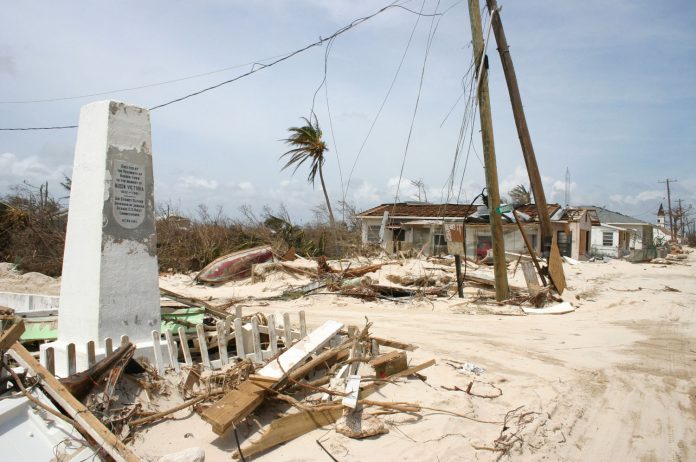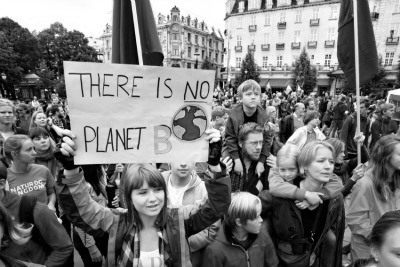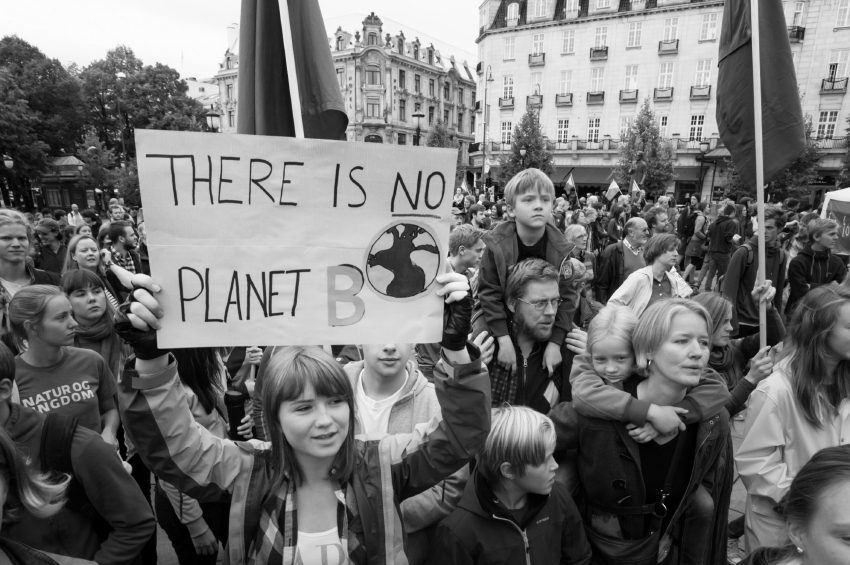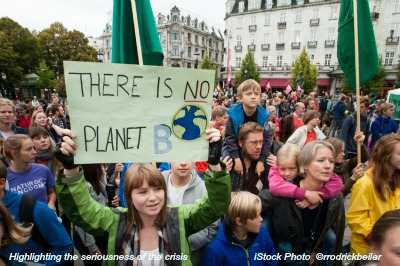
Debt Hurricane
Jubilee Caribbean (JCaribbean) is a newly formed non-governmental organisation, born out of the bigger Jubilee Campaigns from the turn of the millennium – Drop the Debt, Jubilee 2000 and Jubilee Debt Campaign – based in Grenada, but hoping to reach out to the wider English-speaking Caribbean islands. Due to our debt situation here, in the… Read more »









